Search
Search Results

Article
Affair of the Diamond Necklace
The affair of the diamond necklace (1784-86) was a scandal that centered around Queen Marie Antoinette of France (l. 1755-1793). Although the queen was innocent of any involvement in a plot to steal a luxurious diamond necklace, the scandal...
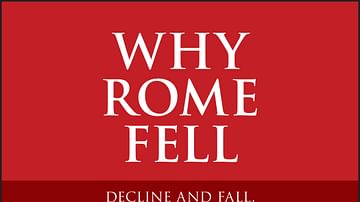
Article
Continuity and Change after the Fall of the Roman Empire
The cataclysmic end of the Roman Empire in the West has tended to mask the underlying features of continuity. The map of Europe in the year 500 would have been unrecognizable to anyone living a hundred years earlier. Gone was the solid boundary...
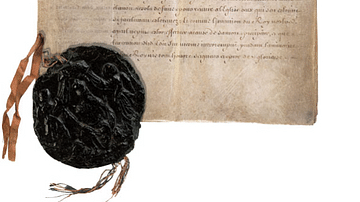
Article
Louis XIV and the Revocation of the Edict of Nantes
Beginning in the 16th century, Protestants in France struggled in their rapport with royal power. Protestants owed the recognition of their rights more to sovereign decrees than to genuine tolerance or religious pluralism. The realization...
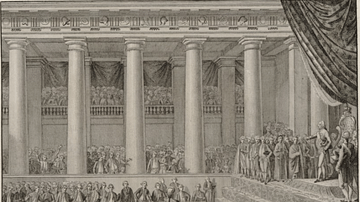
Article
Louis XVI, the Girondins, & the Road to Revolutionary War (1791-92)
On 20 April 1792, King Louis XVI of France (r. 1774-1792) stood before the Legislative Assembly and, with a faltering voice, read a declaration of war against Austria, to the ecstatic delight of the gathered deputies. This declaration sealed...
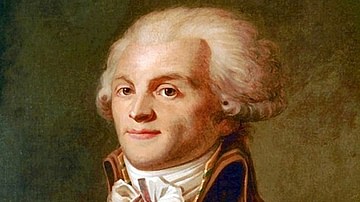
Definition
Maximilien Robespierre
Maximilien François Marie Isidore de Robespierre (1758-1794) was a French lawyer who became one of the primary leaders of the French Revolution (1789-1799). From his initial rise to stardom in the Jacobin Club, Robespierre went on to dominate...
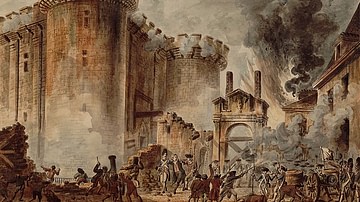
Definition
Storming of the Bastille
The Storming of the Bastille was a decisive moment in the early months of the French Revolution (1789-1799). On 14 July 1789, the Bastille, a fortress and political prison symbolizing the oppressiveness of France’s Ancien Régime was attacked...

Definition
Montesquieu
Montesquieu (1689-1757) was a French philosopher whose ideas in works like The Spirit of the Laws helped launch the Enlightenment movement in Europe. His ideas on the separation of powers, that is, between the executive, legislative, and...

Definition
John Locke
John Locke (1632-1704) was an English philosopher responsible for laying the foundation of the European Enlightenment. Locke believed that each branch of government should have separate powers, that liberty must be protected from state interference...
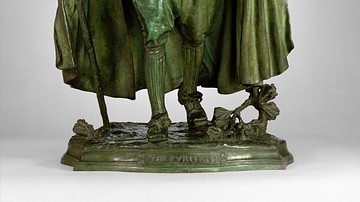
Definition
Puritans
The Puritans were English Protestant Christians, primarily active in the 16th-18th centuries CE, who claimed the Anglican Church had not distanced itself sufficiently from Catholicism and sought to 'purify' it of Catholic practices. The term...
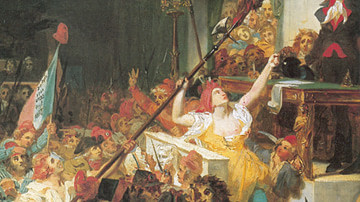
Definition
Thermidorian Reaction
The Thermidorian Reaction refers to the period of the French Revolution (1789-1799) between the fall of Maximilien Robespierre on 27-28 July 1794 and the establishment of the French Directory on 2 November 1795. The Thermidorians abandoned...